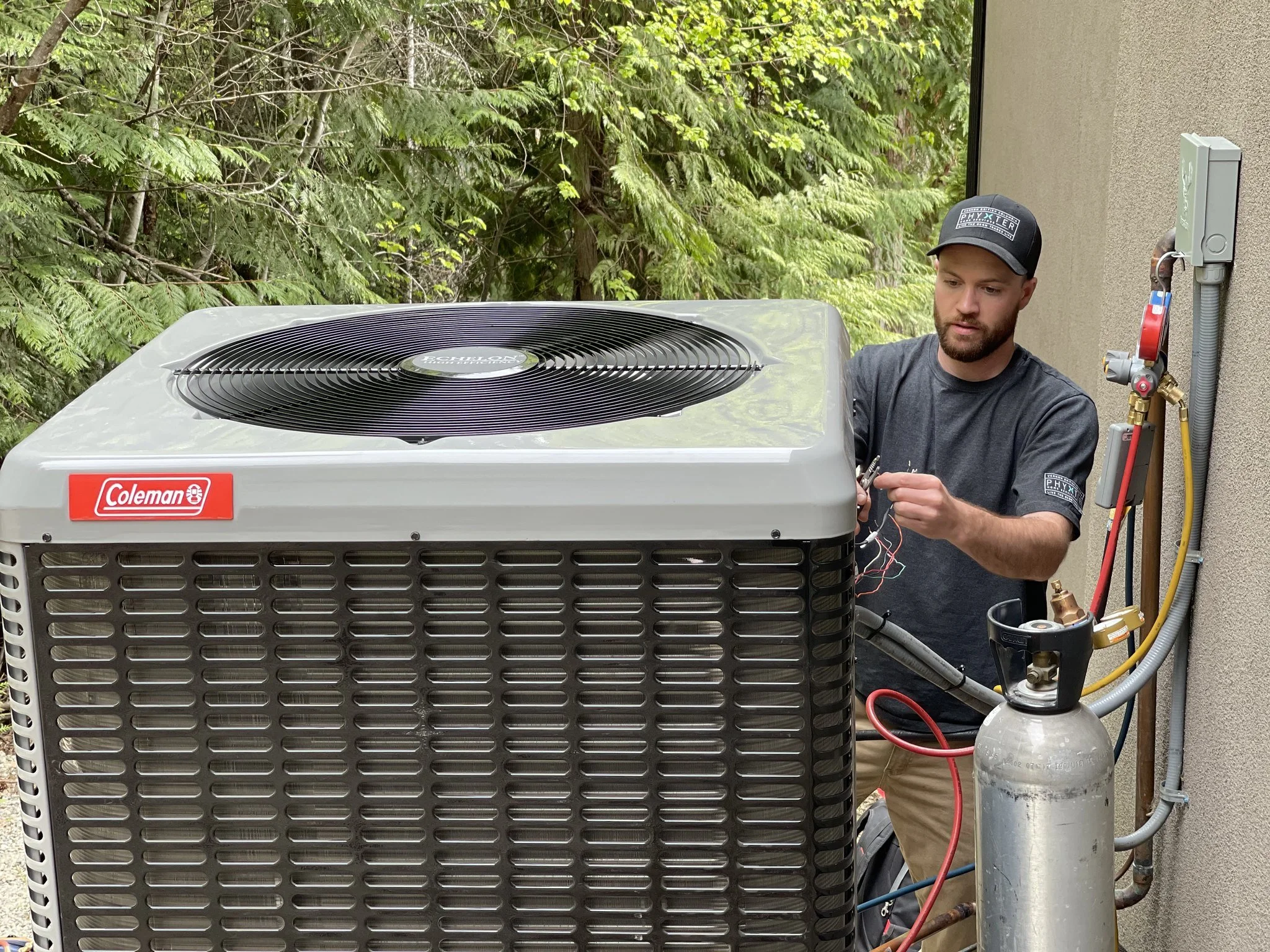Even the study could have used some better clarification on geothermal HVACs, which is the direction we should all be heading towards:
Ground-source heat pumps typically provide a very high level of efficiency, even during cold weather. The reason is that soil temperature does not change significantly between seasons, resulting in a higher—and more constan—COP. In addition, ground-source heat pumps do not need to expend energy on defrosting.
This commentary focuses on the performance of air-source heat pumps in mild European winters with average January temperatures above −10°C. We refer to these heating conditions as “mild cold climates”, whereas those with average temperatures below −10°C in the coldest month are designated “extreme cold climates”.
No, why?! Gimme the COP on geothermal. Google tells me it's 3 to 5, but I would have liked a better source.
Regardless, while I understand that we should spread out our solutions, I don't understand why we're not talking more about geothermal HVAC systems. Household solar is all the rage, but my gas company is still charging me $25 a month just to have the gas on, never mind the winter costs.
If we're talking about $5K a hole to dig for geothermal, that seems like a hell of a lot more cost-effective solution than either gas-based HVACs, or these air-based heat pumps. If it's an area with only mild winters, you probably only need the one hole, which will last for 100 years at least. At most, we're talking about 3-4 holes for a large house in Canada, and that's going to pay for itself in 10-15 years.


![[HN] Oxford study proves heat pumps triumph over fossil fuels in the cold](https://lemmy.uhhoh.com/pictrs/image/a26109cf-e4af-49ee-b53a-25231a63a7bb.jpeg?format=webp&thumbnail=196)
